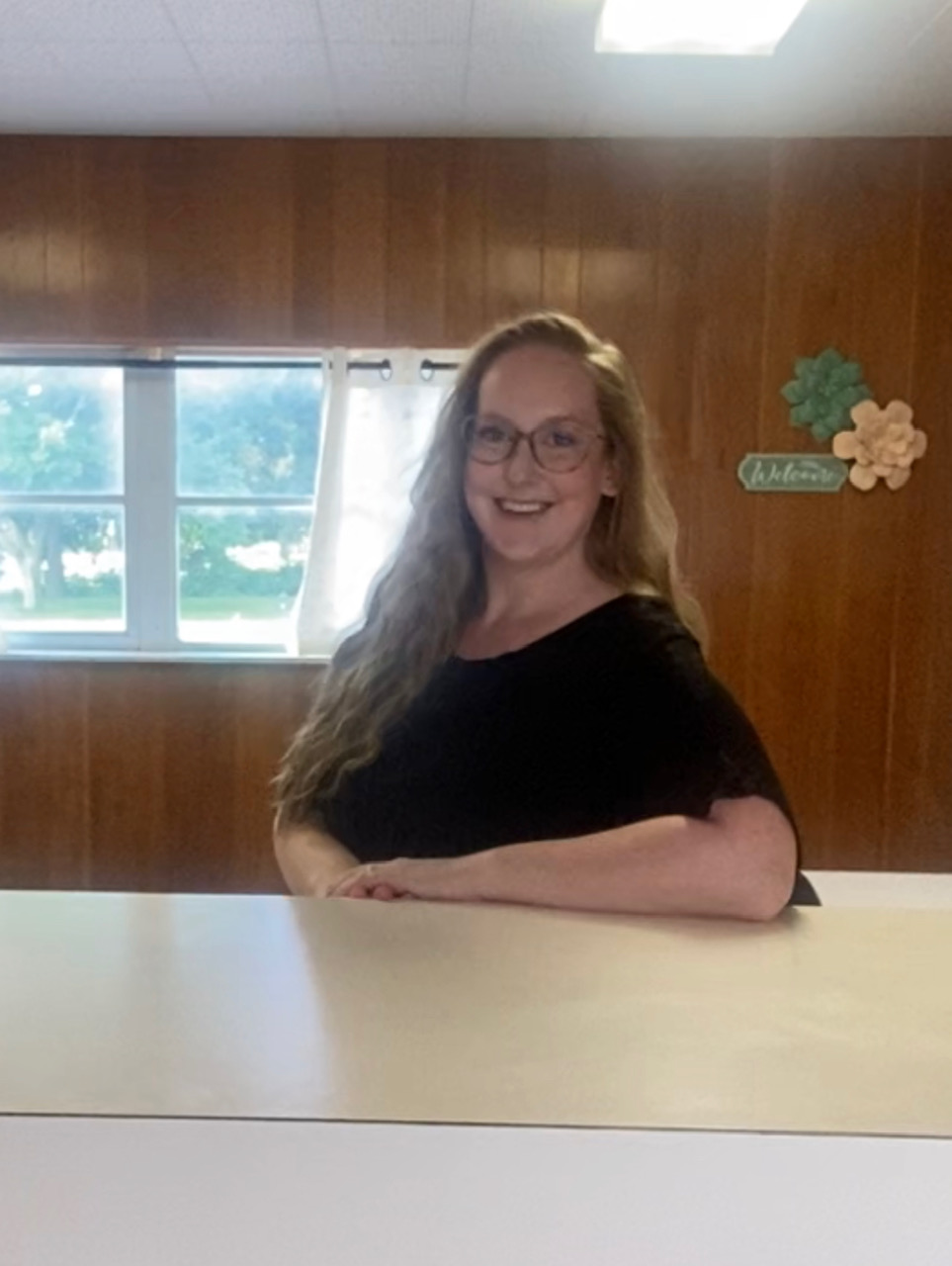
Chelsea Petrakovitz, PT, DPT
Visit types: Office/Hospital; Virtual
Spoken languages: English
Interpreting services for other languages: No
What you should know about me: My passion for endometriosis came from seeing patient after patient who had gotten nowhere with their treatment for YEARS. The physical, mental, and emotional toll it had taken on these people was heartbreaking. I committed myself to being the person to treat what I could and guide them to the right people for the things that are outside of my scope of practice.
take a biopsychosocial approach to treat all aspects of the person. Treatment techniques I use include myofascial release, trigger point release, stretching, scar tissue mobilization, and somatic exercises. We also work to decrease central nervous system sensitization that can amplify pain signals – breathing exercises, vagus nerve stimulation, and education. We use treatments such as TENS and dry needling for patients open to these modalities.
I help patients prepare for excision surgery and recover after surgery. I also treat secondary symptoms that occur with endometriosis such as hip/back/groin pain, pain with intercourse, interstitial cystitis, and more! I firmly believe in a team approach and am dedicated to using my network of other practitioners to help patients.
It’s not “all in your head” and I would love to help you.
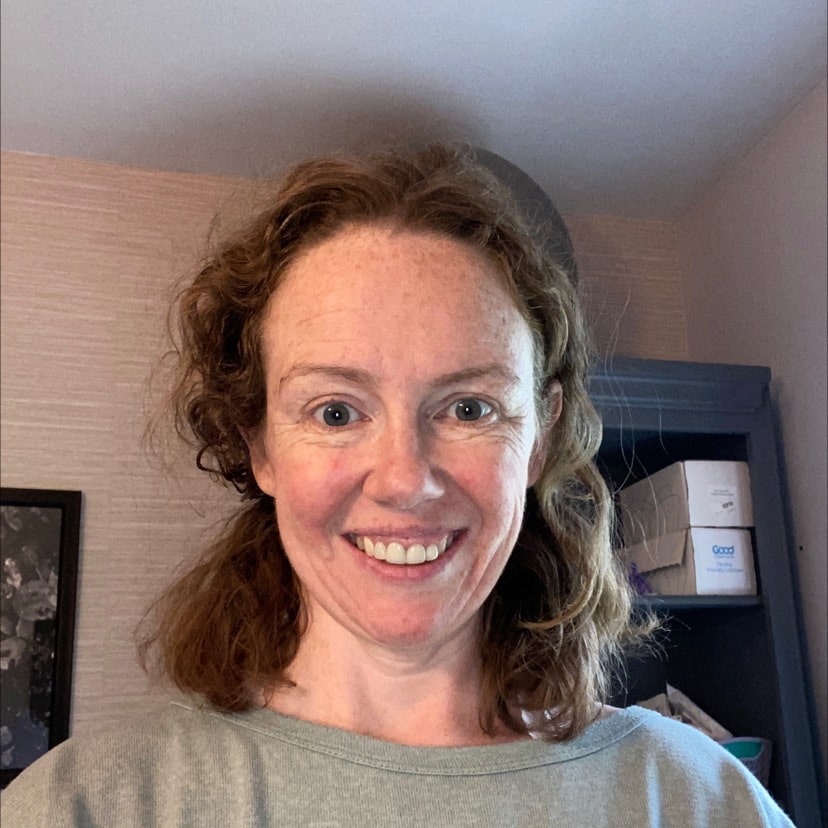
Amy Underwood, OTR/L
Visit types: Office/Hospital
Spoken languages: English
Interpreting services for other languages: No
What you should know about me: I believe that endometrious should be treated holistically taking into account the whole person and not just their pelvic floor. I have found my clients who come to see me with a diagnosis of endo have suffered for on average 10 years with painful periods, bowel dysfunction and fertility struggles. I work using both manual visceral techniques and have taken courses with Ramona Horton and Jennifer VandeVegte along with using a lifestyle approach by optimising sleep, nutrition and giving my clients tools to manage their pain and stress and empower them to live their lives fully.
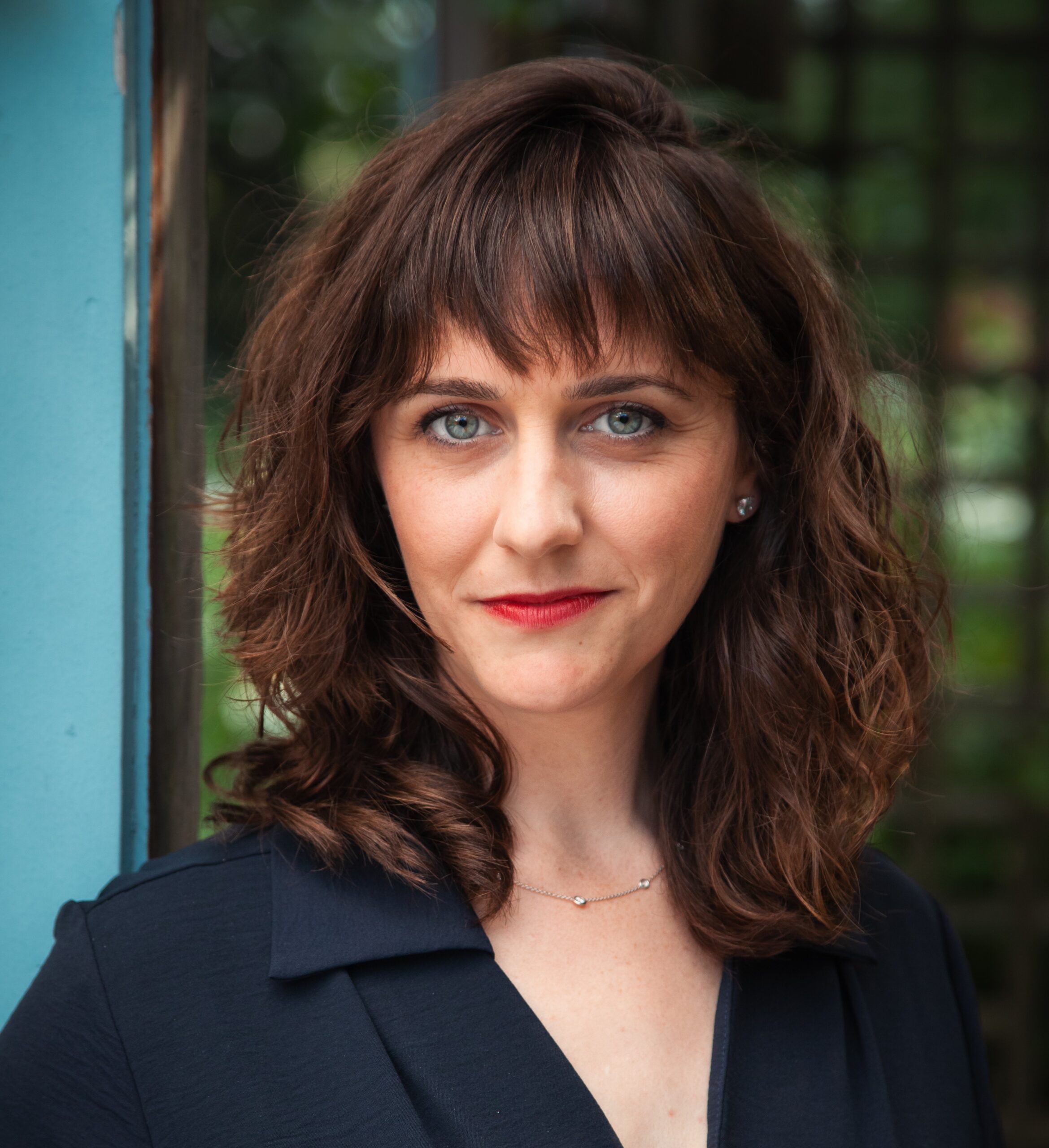
Molly Bachmann, PT, DPT, Birth Doula
Molly Bachmann, PT, DPT, Birth Doula
Molly Bachmann – Endometriosis Physical Therapist
Summary: Molly Bachmann is a dedicated endometriosis physical therapist and birth doula serving patients in Monroe, Michigan. At MOVE Physical Therapy, She provides trauma-informed, patient-centered care designed to meet the unique needs and goals of each individual. Her approach emphasizes trust, safety, and personalized healing, making her a compassionate and knowledgeable partner in endometriosis care.
With a strong foundation in physical therapy and holistic support, Molly Bachmann incorporates techniques such as connective tissue mobilization, trigger point and myofascial release, therapeutic exercise, and diaphragmatic breathing. She also focuses on neuromuscular re-education to help patients restore function and reduce pelvic pain. Molly Bachmann’s warm, individualized care helps patients feel empowered and supported throughout their journey. As a trusted provider in Michigan, she is committed to helping patients navigate their endometriosis symptoms with confidence and compassion.
Visit types: Office
Spoken languages: English
Interpreting services for other languages: No
Philosophy of care and typical treatment strategies: My philosophy of care is to provide trauma-informed, patient-centered care, which typically means that my treatment plans are very individualized and are determined by the individual’s objective findings as well as goals for the patient. Interventions often include connective tissue mobilization, trigger point release, myofascial release, therapeutic exercise, neuromuscular re-education, diaphragmatic breathing practices, etc.
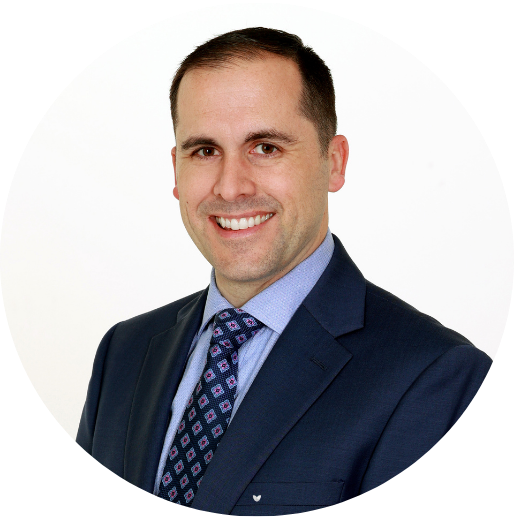
Dr. Chris Kliethermes
Chris Kliethermes, M.D.
Dr Chris Kliethermes – Endometriosis Specialist, Minimally Invasive Gynecologic Surgeon
Summary: Dr Chris Kliethermes is a compassionate endometriosis specialist and minimally invasive gynecologic surgeon based in Troy, MI. With extensive experience and a deep understanding of endometriosis, Dr. Kliethermes is known for his commitment to optimal excision and restoring normal anatomy—an approach influenced by his training under Dr. Patrick Yeung. Patients seeking expert care appreciate Dr. Kliethermes’s balanced perspective on treatment options and his personalized approach to managing endometriosis pain. Whether you’re researching Dr. Kliethermes or looking for insights into Chris Kliethermes’s surgical philosophy, his profile provides both clinical expertise and patient-centered care.
In addition to surgery, Dr. Kliethermes supports patients with education on hormonal options and collaborates closely with pain specialists, physical therapists, and fertility experts. His goal is always to guide each patient toward effective, long-term relief with warmth and professionalism.
City: Troy, MI, USA
Philosophy: At this point, I take all theories into consideration as possible origins for endometriosis. I inform my patient about the Mullerianosis, stem cell/retrograde flow, or vascular dissemination theories. My goal is to best treat my patients and, until we learn more about the disease, try to look at aspects of research being conducted for origins. Training with Dr. Patrick Yeung in residency, I fully agree with his teachings of optimal excision and restoration of normal anatomy as essential to properly treat the disease surgically.
Medication: Medication does not treat endometriosis, but more masks symptoms. I do offer patients who are not interested in pregnancy hormonal suppression following surgery, pending their postoperative pain, as I have seen decreased pelvic pain in patients with a levonorgestrel IUD. For patients that are absolutely adamant they want to avoid surgery (which is extremely rare) the IUD is again my preferred method. I often will educate pre- and post-op patients regarding the GnRH analogs and give them the autonomy to choose these methods if desired, although I do believe the benefits of these medications do not outweigh the cons.
Approach to Persistent Pain: For patients with persistent symptoms after surgery, I have multiple options, assuming optimal excision. Our hospital system has access to pain specialists, physical therapy, other surgical specialties, and nutritionists. Thus far, I have only had to utilize them sparingly, but I am lucky to have their services accessible. There are also local sex therapists. I work closely with and often get referrals from our REI department, with whom I consult frequently for fertility concerns.
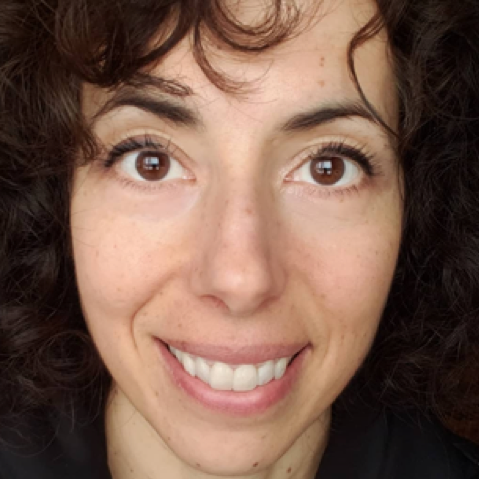
Jennafer Vandevegte, PT, MSPT
Jennafer Vandevegte, PT, MSPT
Jennafer Vandevegte – Endometriosis Physical Therapist
Summary: Jennafer Vandevegte is a dedicated pelvic health therapist based in Grand Rapids, Michigan, who provides compassionate, personalized care for her patients. Jennafer Vandevegte believes in a team approach, working closely with each individual to honor their unique story and goals. Her treatments blend evidence-based techniques such as visceral therapy, nervous system down-regulation, and myofascial release with holistic practices like yoga, stretching, meditation, and mindfulness. Jennafer Vandevegte also emphasizes the importance of diet, nutrition, and self-care in promoting overall pelvic health. Committed to walking alongside her patients on their journey to improved wellness, she creates customized plans that support healing and empower individuals to regain control of their bodies. With a warm and professional approach, Jennafer Vandevegte offers patient-centered care at Spectrum Health Rehabilitation in Michigan, ensuring each patient’s experience is both effective and supportive.
Visit types: Office/Hospital
Spoken languages: English
Interpreting services for other languages: Yes
Philosophy of care and typical treatment strategies: It’s an honor and a privilege to walk with someone on their journey to improve their pelvic health. I use a team approach with my patients, taking into account their unique story and goals. I utilize multiple approaches such as visceral nervous system downregulation, my official work, yoga, stretching, meditation and mindfulness, diet and nutrition, and self-care.

